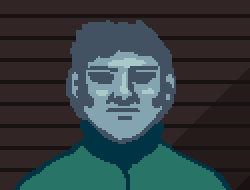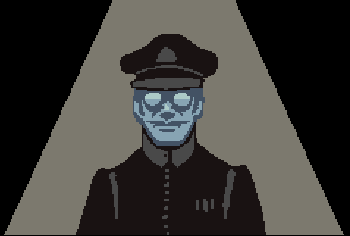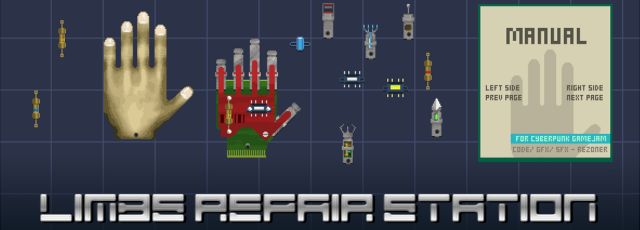

Whether Ending 19, widely considered one of the "good" endings, actually benefits the people of Arstotzka, and the inspector in the long run, is unclear.

At no point is the group's ideals known to the player, however they do use violence at points, and use the eerily similar call of nationalism "Glory to the New Arstotzka" in Ending 19 where they succeed. The player is key to helping the potential revolution, but at the same time also limited in information. Just one new word in the cry?call?pledge? "Glory to Arstotzka" after the revolution.ģ. The player is at the same time powerful and powerless. In order to earn a decent paycheck for the family, or to beat the game, kindness and morals are discouraged. Even more subtly, and brilliantly for the game design, players start to tune out the chatter, or deny entry on first sight of paperwork irregularities instead of asking for clarification (sometimes the entrant will present missing documents when reminded). The player is constantly forced to choose between feeding the family and turning a blind eye to help certain entrants. However sympathetic they may seem, allowing these unlawful entrants in will result in docked pay for the inspector. They make pleas of desperation when paperwork is not in order. They state their purpose of entering the country, from work to visiting family. That indifference is extended to the waiting entrants. But maybe his wife doesn't have the correct documents? What do you do?Ģ. And, the game has neat little touches to cement that inhumanness- if the player chooses to hang his family portrait up in his booth, he gets a stern warning from his supervisor, and even arrest on his second offense. He is so weighed down by survival that family members feel barely more than numbers. My interpretation is the dire situation forced the inspector to be solely focused on making ends meet, for food, heat, or medicine. Some have criticized that the game makes little effort to make players care about the family, however I disagree. The inspector only appears as a silhouette while walking to work, whereas his family is each represented by a circle at the end of the day screen. The player-controlled inspector utters little more than the robotic "Next", "Glory to Arstotzka", and "Cause no trouble". Every countryman, especially the higher officers, drops the phrase "Glory to Arstotzka" constantly. The game further builds up the oppressiveness of the world with very little actual text. I imagine the inspector just staring at his savings every night, unable to think of anything else.ġ. And that's before I even start discussing the story, which can be surprisingly effective and thought-provoking. Purely by its unique mechanics and UI, I would already recommend this game to anyone (although I suspect gamers with more experience might be able to better appreciate how the game stands out in the medium).

The color palette is dampened and dour, as is the minimal music and sound effects, fitting the oppressive atmosphere of the game. Every action is just point-and-click, complemented with a UI representing your desk surface, giving you the freedom to drag around documents, rule books, and more. You play as a border officer inspecting immigration paperwork in the fictional country of Arstotzka, with the caveat that messing up will further exacerbate the struggle to provide for your family.

Everything about the game is simple and elegant. Papers, Please has really stuck in my mind since I first played it in late 2013 (while waiting for my own visa to process, amid speculations that the US government shutdown may slow things even further, so I admittedly am biased).


 0 kommentar(er)
0 kommentar(er)
